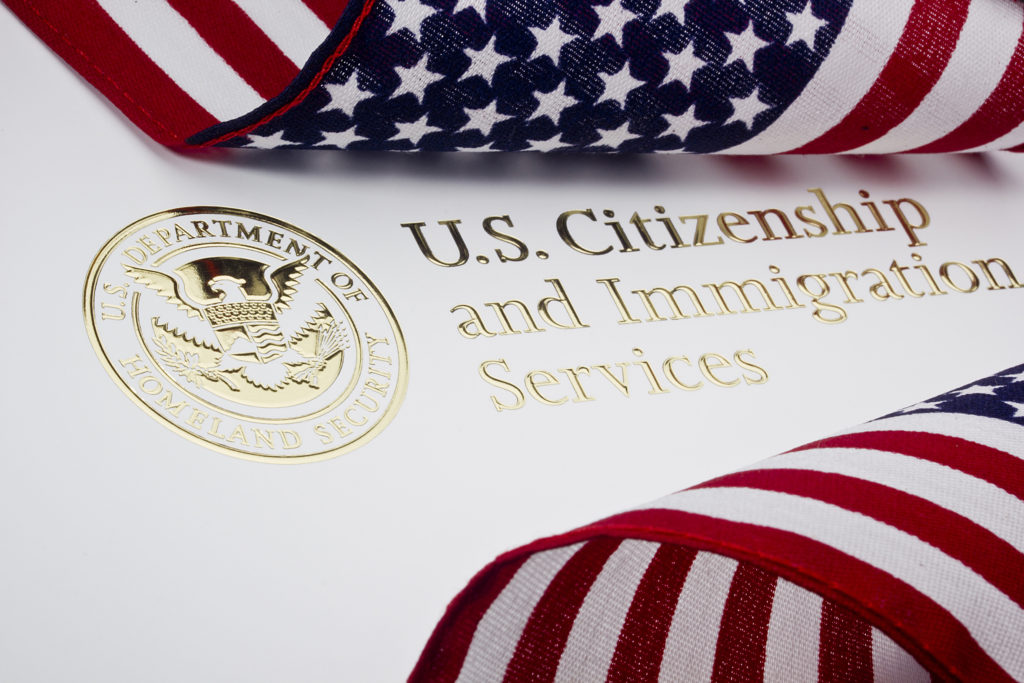What is Deferred Enforced Departure?
The United States has a program known as Deferred Enforced Departure which allows the President to protect certain individuals from the being removed from the country. Currently, Liberia is the only country protected under Deferred Enforced Departure. President Bush signed the order in effect in September 2007. It was set to expire on October 1, 2016, but President Obama ordered an 18-month extension that would expire March 31, 2017. It was extended again and now expires on March 31, 2018.
In order to be eligible for Deferred Enforced Departure, the country’s nationals will be subject to requirements by the Department of Homeland Security. Some of these requirements include that you are a Liberian national who has lived in the United States since October 1, 2002. In addition, you must have had Temporary Protected Status on September 30, 2007.
Those who are protected under DED are permitted to request employment authorization. You have to provide the USCIS with your most recent Notice of Action (Form I-797) that shows the USCIS you were under temporary protected status on September 30, 2007.
Many people under DED-Liberia wonder whether they are permitted to leave the United States. To obtain travel authorization, you must request advance parole with a Form I-131 or Application for Travel. If you break this and fail to get advance parole, you will lose your DED status and may not be allowed to enter the United States again.
If you have questions about Deferred Enforcement Departure, you should consult with an experienced immigration law attorney who can provide you with assistance.
If you are in need of experienced legal counsel for matters regarding immigration, please contact the Law Offices of Salvatore A. Falletta, LLC and we would be happy to provide you with assistance.



